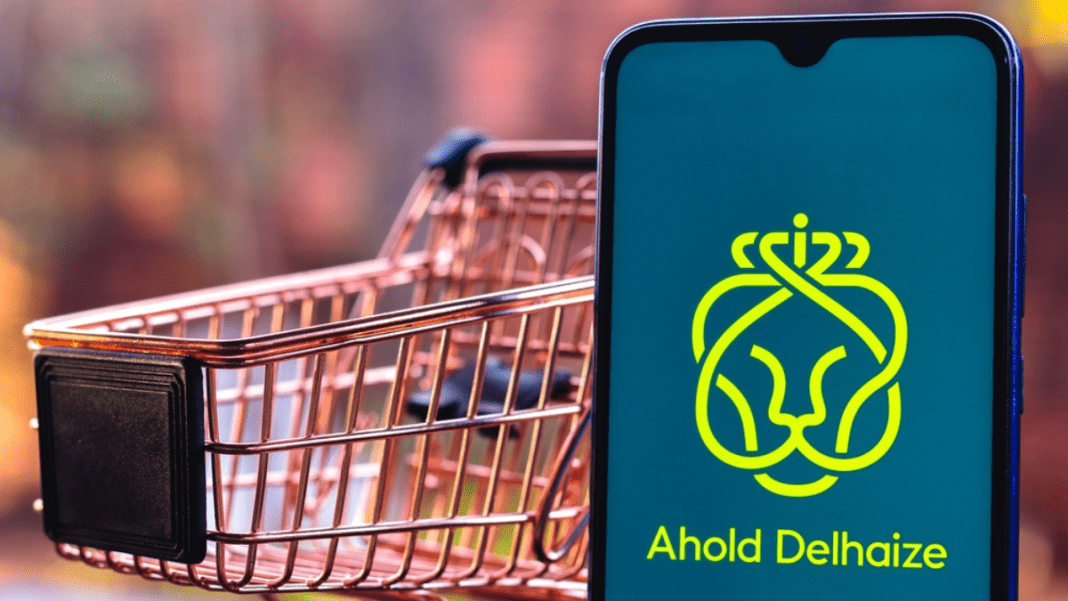What Happened in the Cyberattack?
A massive cyberattack has struck Ahold Delhaize, one of the world’s largest food retailers, exposing the personal data of over 2.2 million people. The breach took place in November 2023, but the full scale of the incident only became public recently through a filing with the attorney general’s office in the U.S. state of Maine.
Ahold Delhaize operates several well-known supermarket chains in the United States. These include Food Lion, Stop & Shop, Giant Food, and Hannaford. While the company is based in Europe, it serves tens of millions of customers weekly across the globe, with a strong presence in the U.S. The company employs nearly 400,000 people and runs close to 10,000 stores worldwide. Because of this wide reach, the impact of this data breach could be significant for both customers and employees.
Hackers carried out the cyberattack using ransomware, a type of malware that locks or steals data and then demands payment to prevent its leak or misuse. A ransomware group named INC Ransom claimed responsibility for the attack. In April, the group listed Ahold Delhaize on its website and posted samples of documents it claimed to have stolen during the incident. However, it’s common for hacker groups to claim responsibility for attacks, even ones they did not carry out, so their role is still uncertain.
What Information Did the Attackers Steal?
The company confirmed that exactly 2,242,521 individuals had their data compromised during the breach. However, the company has not shared specific details about the kind of information the attackers took. It stated that its investigation found no evidence of access to customer credit card information or pharmacy records. Still, the attackers could have stolen many other forms of personal information.
The stolen data could include full names and home addresses. It might also have birth dates and government ID numbers. Bank account details and health-related information could be part of it too. If this sensitive information reaches the wrong hands, criminals can misuse it. They may commit identity theft or fraud. Hackers often use this data to break into other online accounts, especially when people reuse passwords across different websites.
Hackers Steal Digital Gold Worth ₹1.95 Crore on Aditya Birla’s Finserv App
Stolen data often shows up on hacker forums or gets sold on the dark web. Cybercriminals search these places to find ways to misuse the information. Once the data is out there, no one can get it back. That’s why changing passwords and securing accounts is very important after a breach.
Ahold Delhaize has not provided much more detail beyond confirming the breach and saying that its investigation is ongoing. A company spokesperson stated that they found no indication of any impact on customer payment or pharmacy systems, but added that they would not release any further information about the compromised systems at this time.
What You Should Know
This breach is especially worrying for people in the United States. It affects anyone who has shopped at Ahold Delhaize-owned grocery stores. If you made purchases, your data might be at risk. If you created online accounts or joined loyalty programs with Food Lion, Stop & Shop, Giant Food, or Hannaford, you may have exposed your information.
Because the attack took place in November, anyone who has not changed their password since then should do so immediately. Data from breaches like this is often used by cybercriminals to try and break into other websites and services. That’s why it is always smart to use different passwords for each site and avoid using the same login information everywhere.
The delay in reporting this breach is not unusual. Companies often take time to fully understand what happened, what data was affected, and how many people were impacted. However, once they confirm the scale of the breach, laws in many states require them to notify the affected individuals, which Ahold Delhaize has now done.
Even though the company says financial data and pharmacy systems were not touched, the stolen information can still be very damaging. Names, addresses, and other personal details are often enough for scammers to create fake accounts or carry out phishing attacks. That makes this breach serious, even without payment information involved.
For now, the most important step is for those who might have been affected to take their online security seriously. Resetting passwords, checking account activity, and being extra careful with suspicious emails can help limit the damage from a breach of this scale.





